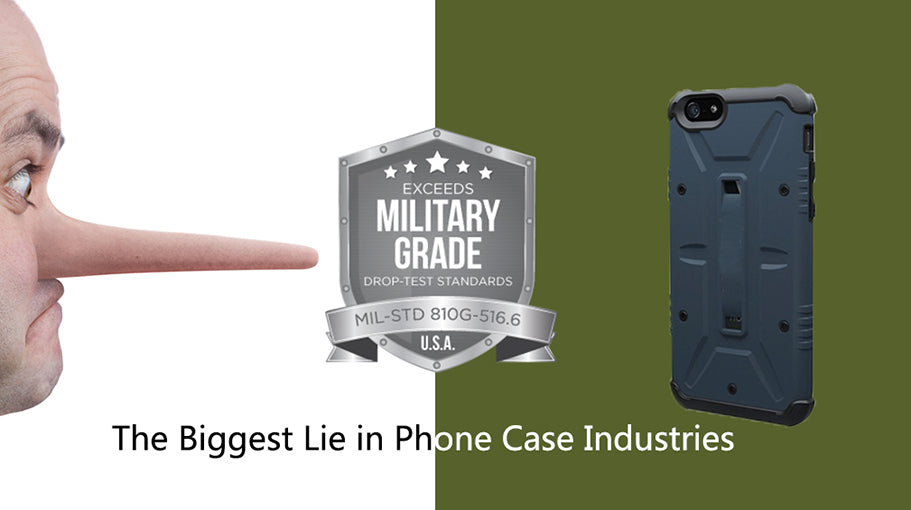
Finally, you received your brand new iPhone. You were so fascinated with its surprisingly beauty and style that you are eager to protect it with a good phone cover.
Then you hurriedly searched for a case at Amazon, eBay, or any gadgets stores nearby your home or wherever. You will stop at a case claimed to have "military-grade protection" or "MIL-STD". That sounded incredibly cool! You cannot wait to buy it because you know your phone needs protection right now.
But wait. What's that? What's MIL-STD protection? What's a military-grade phone case? Do you need that?
1.What’s Military Grade Protection?
Military-grade protection, referring to United States Military Standard, is usually called a military standard, "MIL-STD", "MIL-SPEC" for short, which is the standardization objectives by United States Department of Defense. Particularly in phone case industries, military-grade currently refers to MIL-STD-810G, issued on Oct 31st, 2008. It is a series of tests on equipment with its "tailoring environmental design and test limits to the conditions that it will experience throughout its service life", addressing a range of 29 methods including pressure, temperature, humidity, vibration, shock, gunfire shock, etc.

According to Wiki, these methods are not mandatory, but rather the appropriate method is selected and tailored to generate the most relevant test data possible. It points out:
"MIL-STD is not a fixed but flexible standard that enables users to tailor test methods to match the application, that's to say, a vendor's claim of being in compliance to MIL-STD-810G can be misleading. Suppliers are able to, or some are, take significant latitude with how to test their products and how to report the test results. When queried whether they take real tests, those commercial vendors just replied that their product is designed in accordance with the military standard, though no testing has actually been done because most of the test methods in MIL-STD-810G bear expensive costs or need special facilities."
That means, whenever you buy a "rugged" product with a nicely designed "MIL-STD" logo, the ruggedness can be varied. A "MIL-STD certified" product may not be as durable as you expected. And this is why when applying to "military standard ruggedized" consuming products, Wiki suggests consumers verify test methods and parameter limits.
2. What's Considered A Military-Grade Phone Case?
The answer is MIL-STD-810G 516.6, or nothing.
According to the official documents of MIL-STD-810G, it is one of the 29 testing methods for MIL-STD-810G, including eight procedures:
- Procedure I-Functional Shock
- Procedure II-Materiel to be packaged
- Procedure III-Fragility
- Procedure IV-Transit Drop
- Procedure V-Crash Hazard Shock Test
- Procedure VI-Bench Handling
- Procedure VI-Pendulum Impact
- Procedure VIII-Catapult Launch/ Arrested Landing
Manufacturers could select a single test procedure, a combination, or a sequence of procedures. In most cases, one or more procedures will be applied. When talking about the "drop tests" for phone cases, it means the Procedure IV-Transit Drop, measuring how well a device can endure the impacts after being dropped from a certain height (usually 112cm or 4ft. for phone covers) with different hard-surface for 26 times.

Only a case that has been tested under the military grade drop test standard, ML-STD 810G-516.6, can be classed as 'military grade'.
Hold on, though, even if a case has been tested in accordance with the drop test standard, are they 100% a military grade phone case?
3. Does A 'MIL-STD Drop Tested' Phone Case Mean Anything?
Watching a video about a phone being dropped onto a sidewalk can be pretty exciting if it's not your phone or terrifying if it is.
1) There are no consistent drop test standards.
Like the drop tests that some reviewers do on YouTube, the military drop test standard is quite flexible, and people can adjust it to fit what they need. And a "MIL-STD" label does not mean that the item has been tested and certified by the military. Check the original purposes of ML-STD 810G-516.6 below:

While the military does carry out testing, you can be sure that they do not test phone cases! So, even though it's called a 'military grade drop test', anyone can approximate the tests and say that their case passed them.
You see, drop tests are often conducted in different ways by different manufacturers. Some will drop them onto ceramic tiles while others will drop them onto plywood and each with a different number of drops, yet they still call them a military drop test.
In other words, even though some cases claim to be 'military grade', you won't know what actual test methods they used.
2) The military drop test standard may not applicable to real life.
Even if you were to assume that the manufacturer does carry out their drop tests and it is done strictly according to the military grade drop test standards, it doesn't necessarily mean that the phone case is as indestructible as you might expect.
Yeah, you have probably already guessed it from seeing what the test conditions consist of, but is a 4-foot drop onto wood for 26 times indicative of a real-world situation?
Sadly, the accident happens, and I suppose all rugged cases that meet Military Grade Protection Standards can't guarantee their cases will save your phone every time. But if you are prone to dropping your phone or you often use it in more accident-prone environments, like travel or on a construction site, it would be an excellent idea to invest in a solid case with plenty of protection.
4. Drop Test of the MIL-STD-810G 516.6 MagEZ Case Pro
Needless to say, the case proves itself in the video.
Pay close attention to the ground; it's either a concrete sidewalk or cement stairs with different strengths and different heights. Also, to perfectly demonstrate the actual point of impact, we drop it multiple times, ensuring that it lands on those weaker points. This type of impact is more likely to occur in real life, for example, your phone being dropped onto the stairs, just like the video shows.
Here's another drop test.
PITAKA MagEZ Case Pro is scientifically designed with smart details.

It's made from premium materials, which are typically used for high-tech applications, especially the Aramid fiber, a high-tech luxury material used in body armor, the aerospace industry, and supercars.
Not to mention its other features: wireless charging friendly, zero signal interference, insert molding technology, and the extra protective ring for your camera lens, etc.
In conclusion
The military grade drop test standards for phone cases are flexible and therefore, they are open to interpretation by the manufacturer, meaning that one drop test standard can vary between manufacturers.
It is still worth investing in a solid case with lots of protection if you are prone to dropping your phone or you often use it in more accident-prone environments. Make sure the case can survive drop tests in real-world situations.
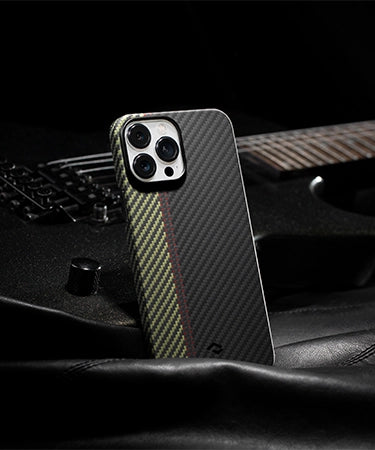
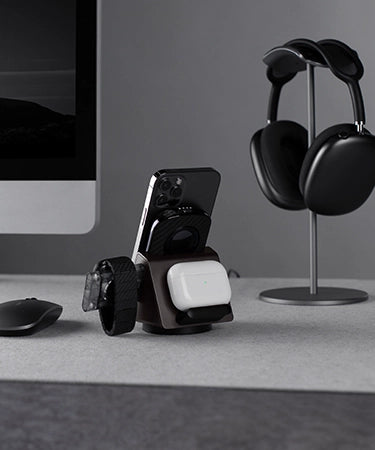
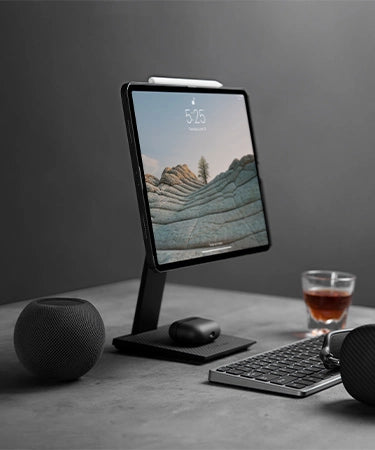

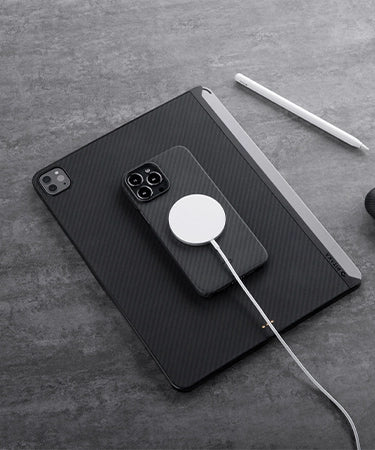

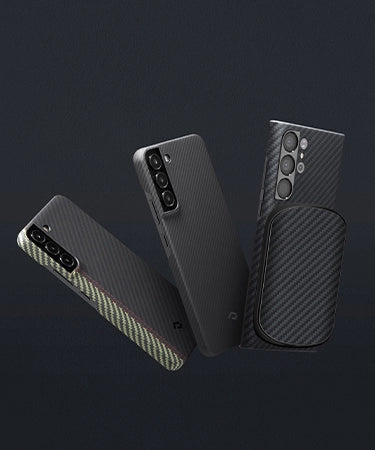
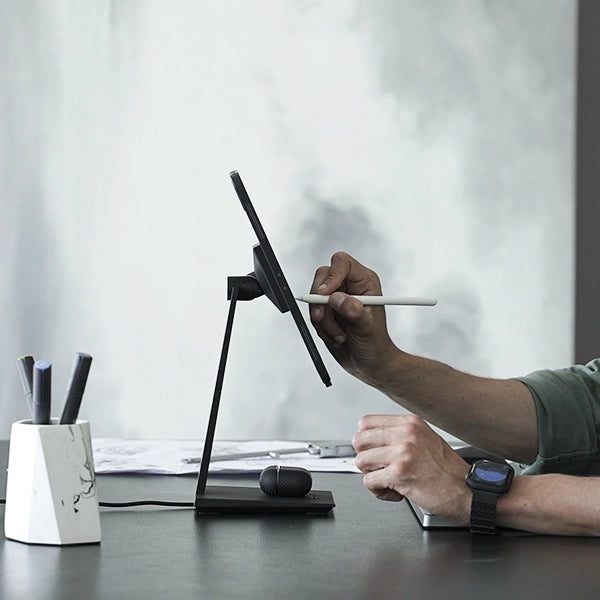
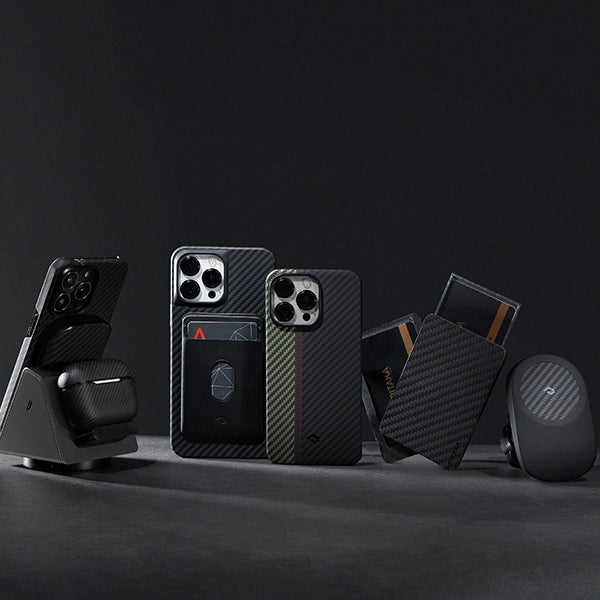
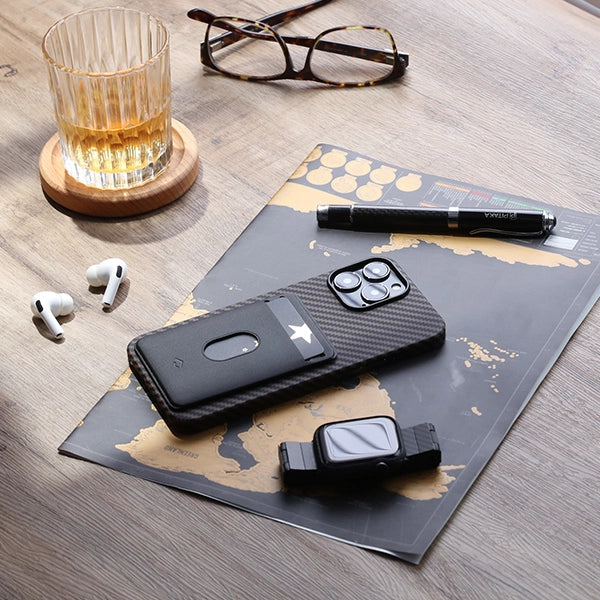
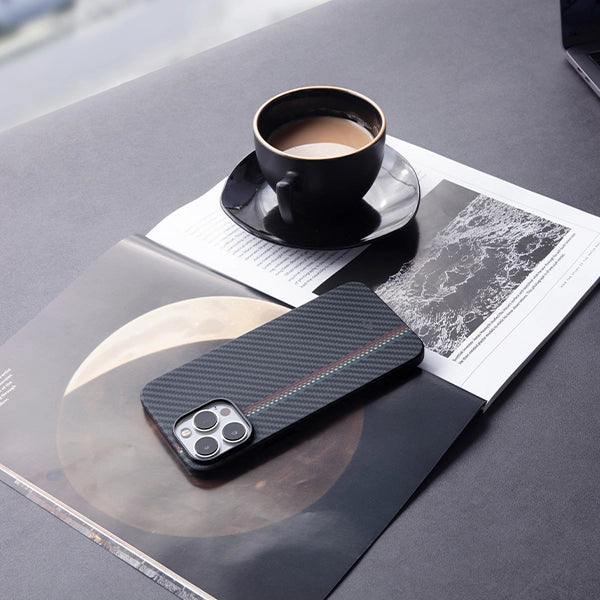

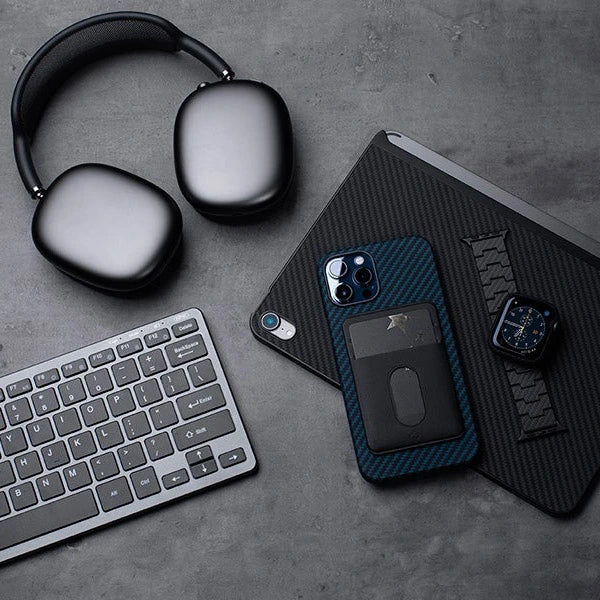
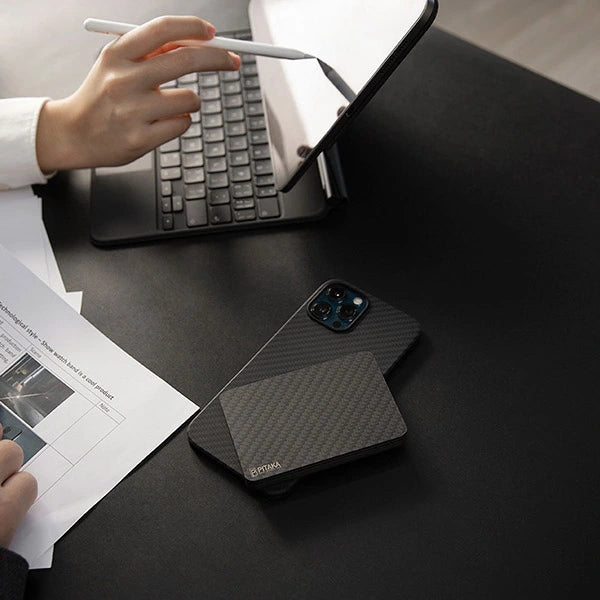
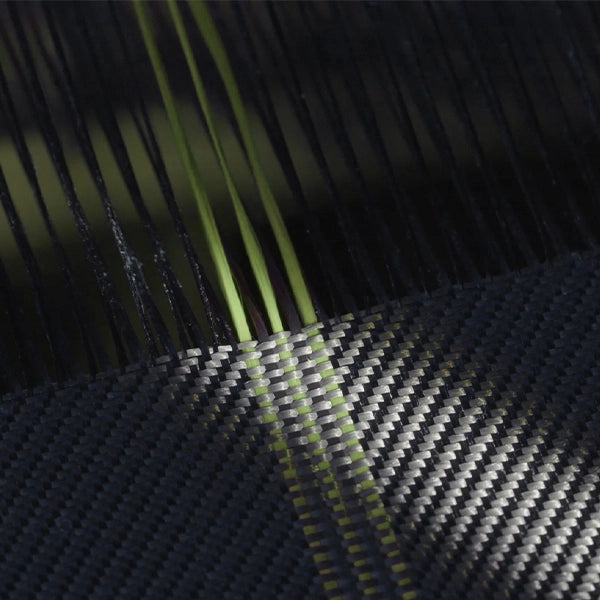

Finally somebody talking logically about a product’s technical merits amidst the marketing opining, yelling and faltering.